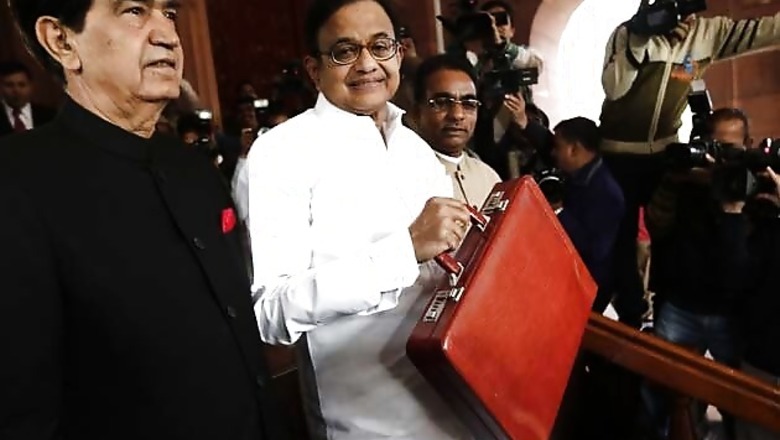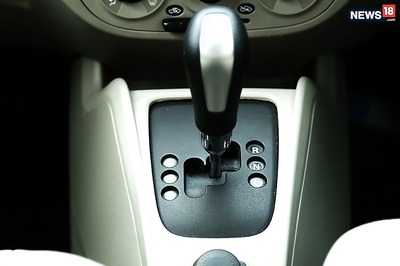
views
New Delhi Every budget has a political objective in all democracies. Even in America, budget always eyes political gains during election years. In a country like India, where politics decides everything, budget has more to do with political compulsions and less to do with economic compulsions.
As some analysts argue the interim budget presented by Finance Minister P Chidambaram was clearly an election budget. It was a valiant effort made by Chidambaram to woo voters ahead of a 'do or die' battle - the Lok Sabha elections.
The ruling Congress at the Centre is facing a tough challenge in the Lok Sabha polls. Most pre-poll surveys are predicting a rout of the Congress. But, the same surveys are predicting that the regional parties are going to maintain their lead in their respective states.
According to political observers, just to remain relevant in national politics, even if it loses, the Congress wants regional parties to win more seats and threaten the march of Narendra Modi-led BJP to power. A clever politician like Chidambaram knows how to woo these regional parties by doling out economic packages and loosening Centre's control over spending.
The shrewd Finance Minister has transferred substantial control over spending on centrally sponsored schemes to state governments. It includes the MNREGA to Sarva Shiksha Abhiyan, flagship schemes of the UPA government at the Centre. Over Rs 3.4 lakh crores will be handled by the states in the coming financial year.
It will definitely make the states happy. It will also indirectly achieve the concept of 'decentralisation' of power, one of the favourite topics of Rahul Gandhi.
The Congress is trying to curry favours with regional parties like BJD in Odisha, SP and BSP in UP, TMC in West Bengal, DMK in TN, JDU in Bihar and other regional players by giving the states more control over the spending of centrally sponsored schemes. It will make the states happier and give them a sense of greater participation and importance.
The next Prime Minister will have less money to spend. Even though the money will still be there with the Centre, how to spend it will be decided by the state governments.
Even if Narendra Modi-led BJP forms the next government, it will have to live with this new reality. It can't reverse the decision. Any such move can backfire and pit the states against the Centre. Even the BJP-led NDA needs the backing of regional parties and it may not reverse the decision.
The plum portfolios at the Centre will have less control over the distribution of money. The key social sector ministries like Rural Development and Panchayat Raj, Social Justice, Human Resources Development, Health and Family Welfare will have less power and might lose the sheen. They will have to function more like nodal agencies than controlling authorities.
For example, the next Rural Development ministry will have direct control over just Rs 7600 crore and Rs 74500 crore will be transferred to the states. Even the Health Ministry will lose control over one fourth of its total budget.
The Women and Child Development Ministrty will take the big hit. According to reports it will be left with less than Rs 1000 crore to spend directly. More than Rs 20000 crore budgetary allocation of the ministry will be handled directly by the states.
The Congress-led UPA is defending the decision saying that it is a big step towards granting a greater autonomy to the states. Some regional party leaders and analysts feel that it s a belated move by the Centre to 'manage' and woo regional parties in case the Third Front and others together get more than 200 Lok Sabha seats in the coming elections.
Will it achieve desired political objectives? Will the gamble pay off?



















Comments
0 comment